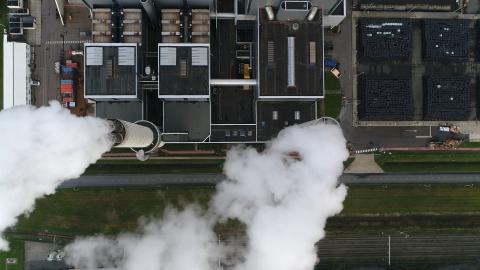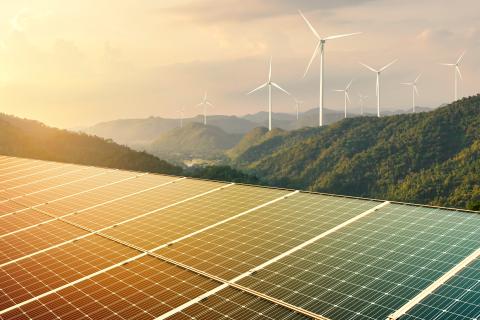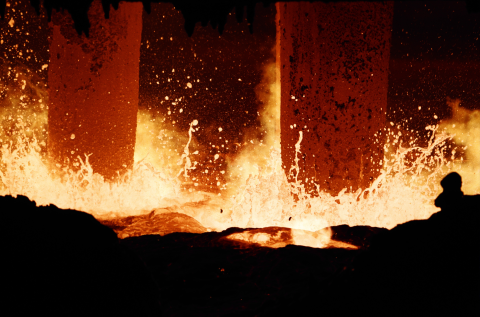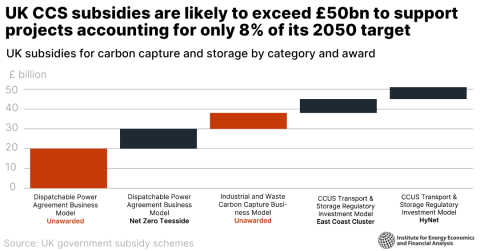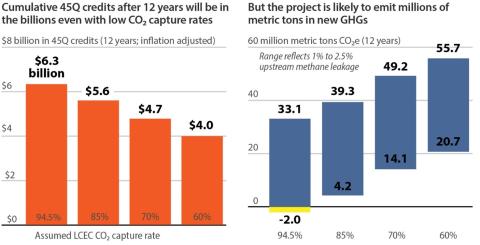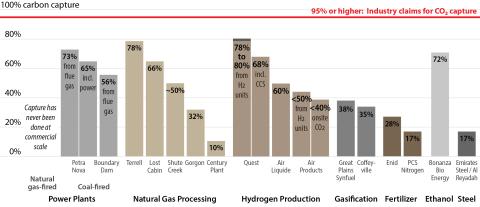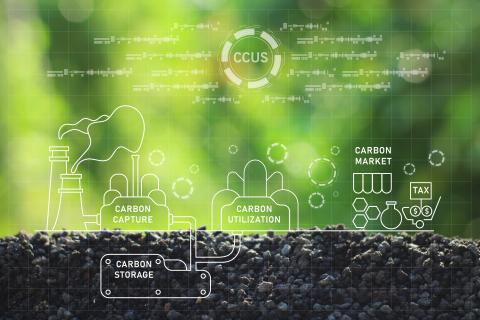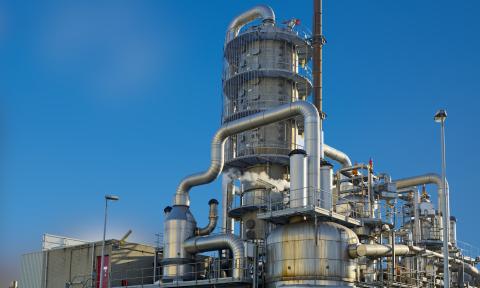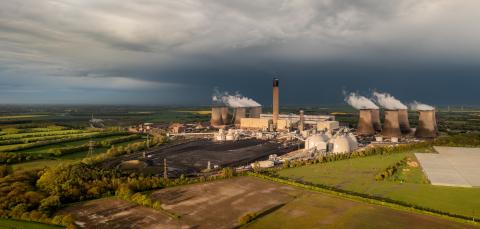Carbon Capture and Storage
An unproven technology that cannot meet planetary CO2 mitigation needs
Carbon capture and storage (CCS) is an expensive and unproven technology that distracts from global decarbonization efforts while allowing the oil and gas industry to conduct business as usual.
Even if realized at its full announced potential, CCS will only account for about 2.4% of the world’s carbon mitigation by 2030, according to the Intergovernmental Panel on Climate Change (IPCC). It’s worth noting that not one single CCS project has ever reached its target CO2 capture rate.
¹ Intergovernmental Panel on Climate Change. AR6 Synthesis Report, Section 4.5 and Figure 4.4. March 2023.
If its efficacy is questionable, its financial rationale is worse. Projects from Algeria to Texas demonstrate the technology’s troubled history of cost overruns and delays. Yet an IEEFA review of 16 projects finds that even though the industry claims a 95% capture rate is achievable, no existing project has consistently captured more than 80% of carbon.
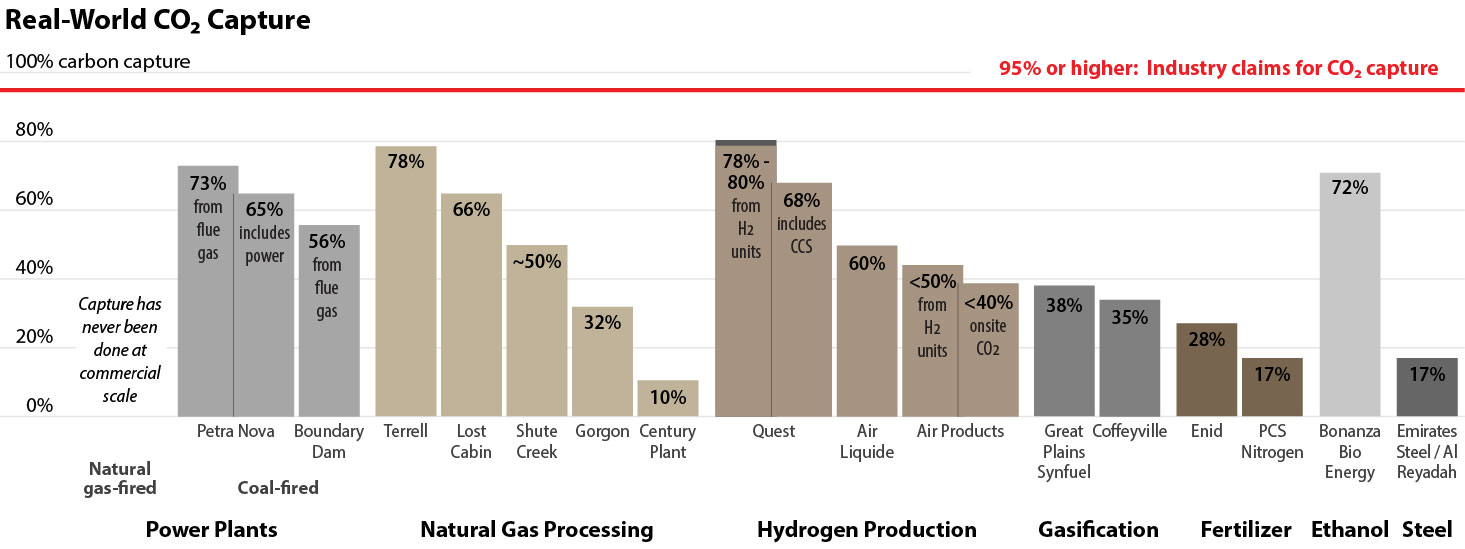
Last updated December 5, 2023. Originally appeared in IEEFA report Blue Hydrogen: Not clean, not low carbon, not a solution.
For the hundreds of currently proposed CO2 disposal projects, there is scant information on the technical efficacy of their underground storage sites. An IEEFA study explored the unexpected challenges faced and interventions needed in two Norwegian projects touted as successes, offering cautionary tales for proposals that are at least 10 times larger.
According to both the IPCC and International Energy Agency, we already hold the key to most CO2 mitigation: Renewable energy, energy efficiency, and eliminating fugitive methane emissions can address more than 80% of the world’s decarbonization requirements by 2030. CCS, even if its technical deficiencies can be overcome, can only provide minimal contribution to decarbonization. CCS does not deserve the equal billing that fossil fuel preservationists are giving it next to proven solutions.
For more, read our reports and analysis on CCS worldwide.
Latest CCS Research
See more >Get the facts on CCS
Sign up below to receive a copy of our fact sheet on CCS in your inbox and stay up to date on our latest CCS research.



